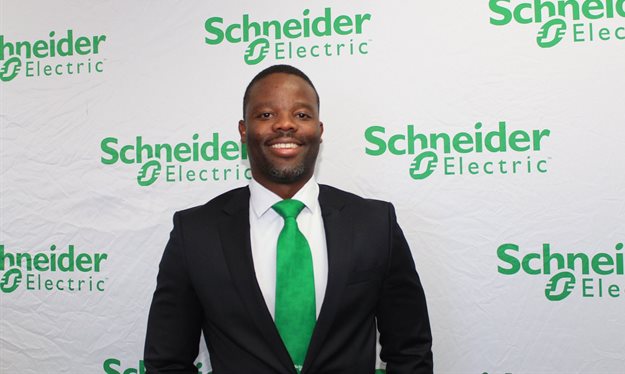#BizTrends2020: New technologies to power smart cities

Today’s cities cover only 2% of the planet’s surface but they generate 80% of the global CO2 emissions and consume 75% of the energy. Several cities worldwide are making progress in using technology to increase their efficiency and access of their infrastructure to improve their quality of life of residents.
2019’s challenges
In South Africa in particular, 2019 has been riddled with water and electricity challenges. Recently, with the electricity blackouts, it has become evident that there is growing need to become more energy and water efficient through gathering real-time data from meters. Usage trends can then be analysed to manage cities in a smarter and more proactive way.
Large metros have not just struggled to meet citizens’ demand for electricity, they have had to deal with water shortages and wastage and manage other resources. These challenges are expected to grow due to increasing urbanisation, and in Africa this has become a significant driver of conversations around smart cities.
Trend of urbanisation
As urbanisation continues, cities and suburbs will have to undergo significant transformations to create sustainable living conditions. Energy and mobility are the two pillars of these transformations and both will require radical adaptation to meet the demographic and economic growth, without increasing congestion and pollution.
The question is whether policymakers and business leaders can combine them in ways that maximise their benefits for the environment and create greater efficiency and economic growth. The fourth industrial revolution (4IR) offers an unprecedented opportunity to do so.
Future technologies now
The key technologies powering 4IR; artificial intelligence (AI), mixed reality (AR and VR), and the internet of things (IoT), are reshaping business processes, unlocking opportunities and encouraging new business partnerships. A rich ecosystem of tools, organisations and experts can pave the way to healthier cities.
Smart cities built on smart grid technologies
Smart energy grids are the way of the future as we use the IoT to develop better ways of generating, distributing and using energy. Although this concept is still in its infancy on the African continent, I believe this is a great opportunity to embrace the smart grid technologies, similarly to how we have adopted the latest telecommunications technologies.
For instance, in South Africa, we already have a robust grid infrastructure that is capable of integrating various distributed technologies such as solar and wind. There is also technology available, such as advanced distribution management systems (ADMS) that can integrate the legacy infrastructure with the new distributed technologies. There is however a need for increased political will to further facilitate this integration.
Closer to the reality of smart cities
In the coming decade education must be given to relevant stakeholders about the benefits of smart cities. In the same vain, because this is still a relatively new concept, educational programmes should increasingly include 4IR technologies.
Making the most of these new technologies requires agility, collaboration and a clear understanding of the benefits that digital transformation will bring. At present, those in charge of running cities, particularly at the operational level, are in my view too focused on reducing costs, rather than on improving quality of life or services. We need to widen our vision and see the potential of smart cities built on the latest technologies.


































